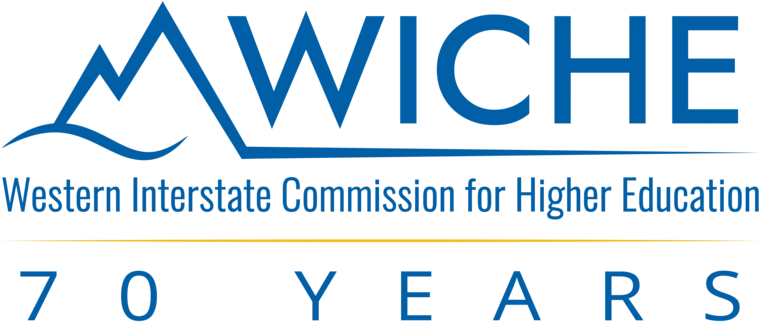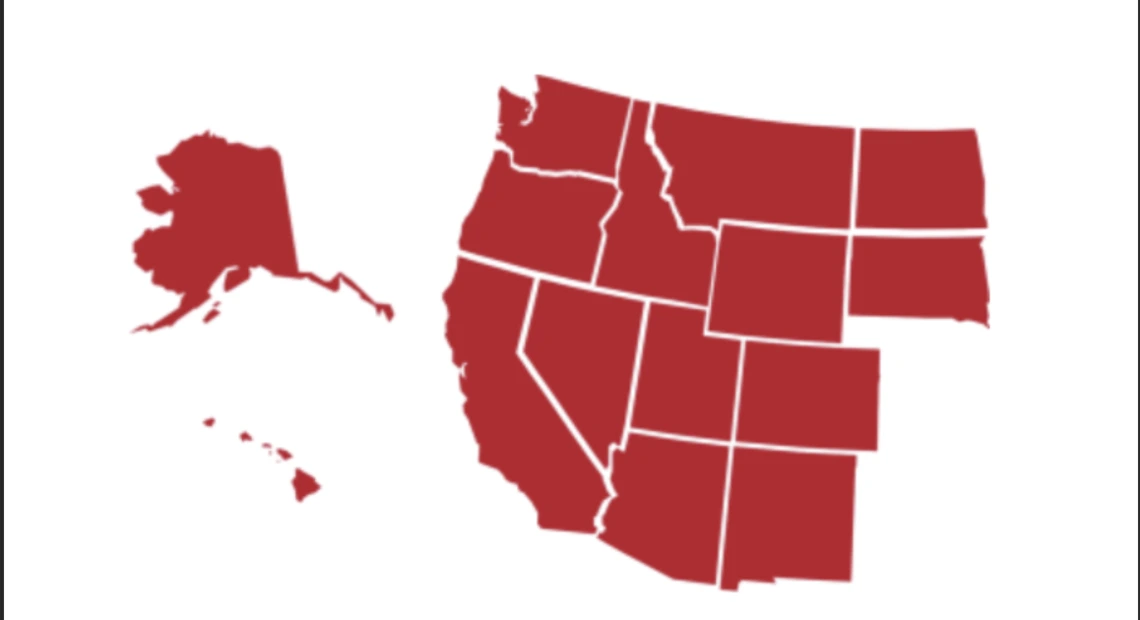Tuition and Fees
Tuition and fees for Fall 2023 come to about $7,895 for a typical nine-unit semester for Arizona residents. Tuition and fees for non-residents totaled about $17,880. These costs are below average for our peer institutions. See the tuition calculator from the Bursar's Office.
Maintaining a professionally oriented graduate journalism program involves instructional costs well beyond those required for traditional academic units. The school maintains sophisticated video and audio equipment and specialized computer hardware and software. It requires a number of faculty members and media technology specialists to teach core courses with small enrollments.
For that reason, the school charges students a program fee of $100 per credit hour. We distribute 17 percent of the program fees to students with demonstrated financial need.
School Funding
The school provides some financial assistance for graduate students who have been accepted into a journalism master’s degree program, including a dual-degree program, to cover tuition, fees, or both, based on need and/or academic achievement. Funds can be applied any fall or spring semester with an enrollment of at least 6 units, or a winter or summer session of at least 3 units. The school strongly recommends that students fill out a FAFSA, but it is not required to apply for funds. Students must be in good academic standing. Application deadlines are:
- March 1 for Fall semester or summer
- Oct. 1 for Spring semester or winter
To apply, fill out the form online at Grad Student Financial Assistance Application Form and then contact Director of Graduate Studies Jan Lauren Boyles at boyles3@arizona.edu (for Journalism and Studies of Global Media degrees) or Interim Director of the Bilingual Journalism Program Kendal Blust at ktblust@arizona.edu (for Bilingual Journalism degrees).
WRPG (Western Regional Graduate Tuition Savings Program)
The WRPG offers out of state students the in-state tuition rate to attend the following master's programs: Journalism, Bilingual Journalism, and the Accelerated Master’s Program. “WRGP Arizona resident tuition pricing does not include fees, which are not discounted through WRGP.” | Image

|
Image

| To qualify for this program, you must show residency in Alaska, California, Colorado, Commonwealth of the Northern Mariana Islands, Federated States of Micronesia, Guam, Hawaii, Idaho, Montana, Nevada, New Mexico, North Dakota, Oregon, Republic of the Marshall Islands, South Dakota, Utah, Washington, and Wyoming. “To be eligible for the program, you must be admitted and enrolled in a participating program, maintain residency in a participating WRGP state, and maintain a GPA of 3.0 or higher.” |
Directions for applying can be found here.
Assistantships
The School of Journalism does not offer teaching assistantships, research assistantships or graduate assistantships. To apply for a graduate assistantship elsewhere at the university, contact the department where you would like to work to see if there are any openings. For academic departments, the best contact is usually the graduate coordinator. For non-academic departments, start with the business manager. There is no complete listing of available positions.
One place to look for a teaching, research or graduate assistantship is in the weekly newsletter published by the Graduate & Professional Student Council (GPSC). You can subscribe at the bottom right of the GPSC home page.
Jobs
The Daily Wildcat, UA’s student newspaper, runs ads for jobs.
The Wildcat Student Employment Fair is held every August to hire UA students for the upcoming academic year. Students are invited to attend via listservs and Arizona Daily Wildcat ads. Students can access a list of participating departments and organizations via the Career Services website before the fair begins. Dozens of UA departments participate, as do local businesses interested in hiring students.
International students
The UA Graduate College provides information about funding for international students studying in the United States.
The American Association of University Women offers International Fellowships ($20,000) for women pursuing full-time graduate or postdoctoral study in the United States who are not U.S. citizens or permanent residents.
FLAS (Foreign Language and Area Studies)
Foreign Language and Area Studies (FLAS) Academic Year and Summer fellowships are awarded annually in Arabic, Hebrew, Persian and Turkish to undergraduate and graduate students at the University of Arizona in any program/department who are pursuing Middle Eastern language and area studies. Funding is provided by the U.S. Department of Education, and awards are made through the Center for Middle Eastern Studies (CMES).
The Center for Latin American Studies (CLAS) offers both Summer and Academic Year FLAS Fellowships to support the study of Portuguese and indigenous languages of Latin America. For more information or to pick up an applications, stop by the Center for Latin American Studies, Harvill Building, Room 343, or contact FLAS coordinator Colin Deeds.
Fellowships, Grants & Scholarships
We offer needs-based and merit-based scholarships funded by endowments, professional organizations, and individual donors. In addition to the school's resources, the Graduate College funds several types of financial aid. Many of our current students receive help from the school, the College of Social and Behavioral Sciences, or independent organizations. Scholarships for grad students include:
James E. Duncan Grant. Awarded to an incoming master’s student in recognition of academic achievement and potential. The fellowship covers the student’s in-state tuition, mandatory fees and program fees up to 12 units per semester for the first academic year. See details.
Travel aid. Travel Scholarships help UA graduate and undergrad journalism students travel to expand their knowledge of the world and skills in journalism. Scholarships can be used to help you attend conferences, practice journalism internationally or participate in other journalism education activities. Scholarships average $500. Recipients are expected to share what they learn with other students before receiving the scholarships. Click below for a travel scholarship application.
Project aid. Graduate students conducting investigative reporting for their professional projects may apply for aid to cover such expenses as travel, interviews, and public record fees. These funds are provided through the Jacqueline E. Sharkey Watchdog Journalism Fund.
See full list of JOURNALISM scholarships and specialty funds (grad and undergrad)
The UA Graduate College's Graduate Access Fellowship is intended to broaden the access of U.S. students to graduate education and to promote the diversity of our graduate student body. Eligibility for these fellowships is restricted to incoming domestic graduate students who have shown academic achievement despite facing challenging social, economic or educational obstacles. Fellowships for master's students provide up to $4,000. NOTE: Students cannot apply directly for a Graduate Access Fellowship. Only departments can nominate incoming students to the Graduate College. Please let Debbie Cross know if you qualify for a Graduate Access Fellowship.
The university offers other fellowships and scholarships to foster a diverse student body.
Taylor/Blakeslee University Fellowships are available for students "who have been accepted for enrollment in graduate-level programs in science writing.”
The American Association of University Women offers Career Development Grants ($2,000–$12,000) to women pursuing a certificate or degree to advance their careers, change careers or reenter the workforce and whose bachelor’s degree was received at least five years before the award period.

